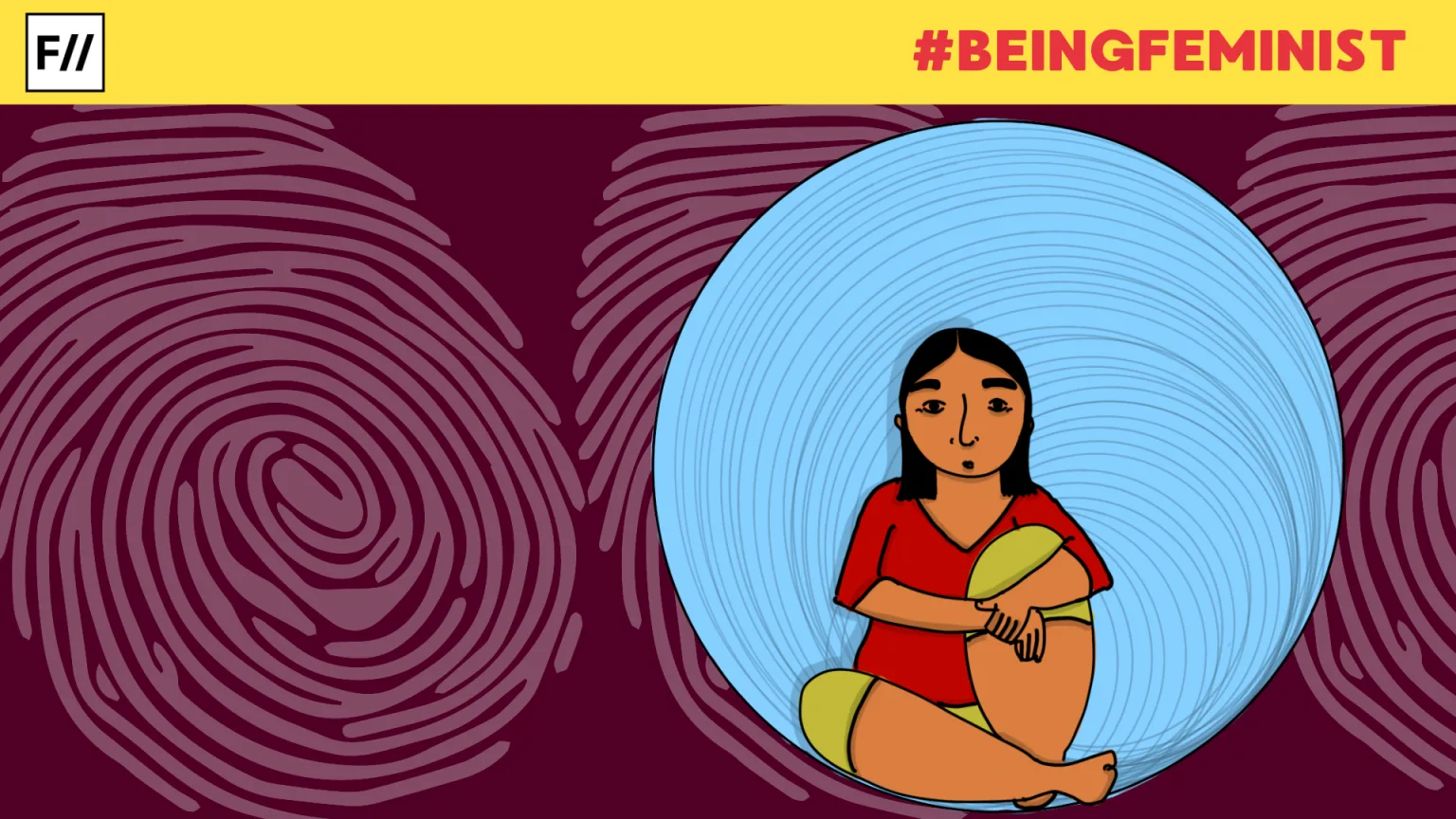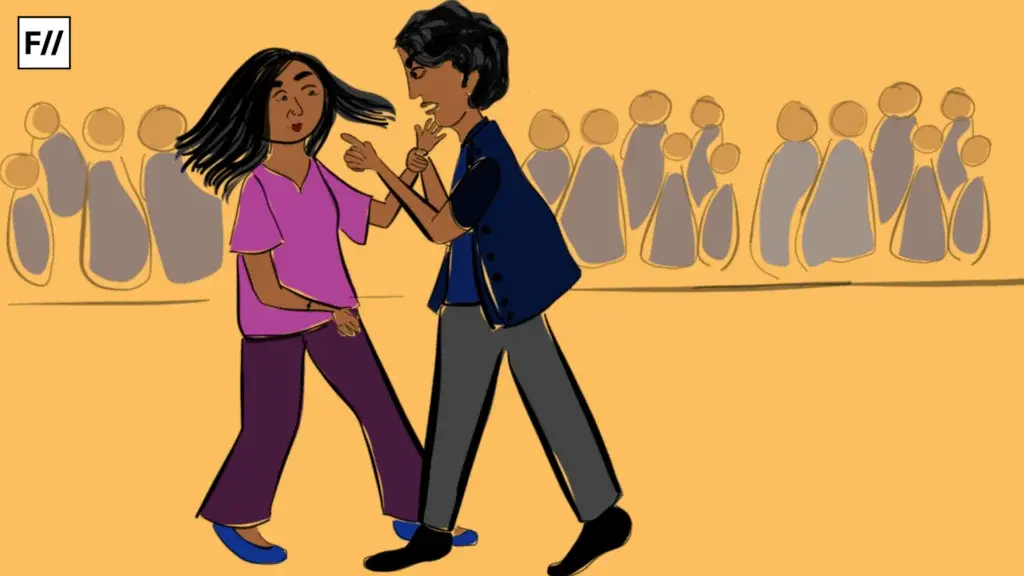Each morning, I check my phone, and the news greets me with a headline that feels like a wound. A woman is raped, a child is assaulted, a survivor is blamed for what she was wearing and where she went. What’s deeply saddening and enraging to me is that such cases and news never really stop, and living with such news as a feminist means feeling a pang in your chest, which feels suffocating yet familiar at once.
As a feminist, or even as all my attributes removed, it profoundly affects me how, no matter how far women have come, our bodies remain a battleground where power, control and entitlement play out each day.
Reading the news as a feminist
What is also unsettling to me is how people around me react to it. Rape in the capital, acid attacks in a small town, sexual harassment, honour killings, dowry deaths – news like these is made banal and is received with only a grim sense of deja vu. Such ‘headlines’ or ‘statistics’ are not shocking, but they become ‘expected.’
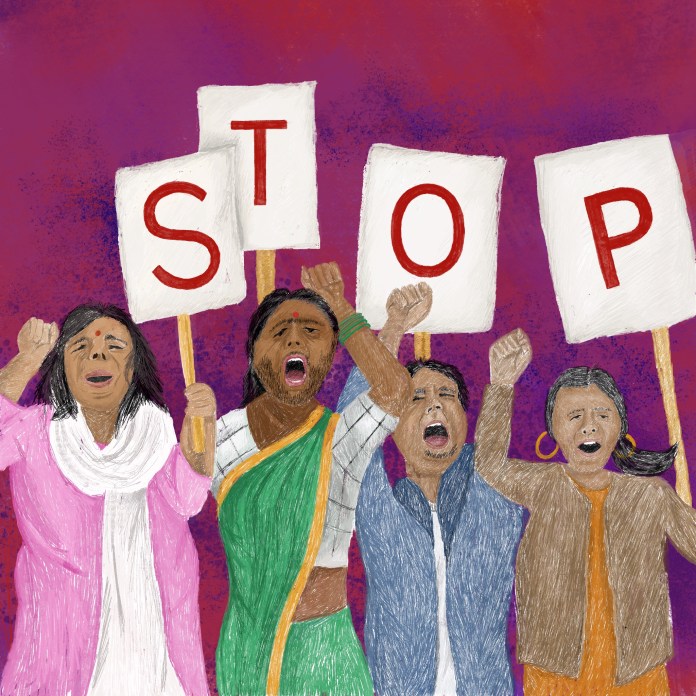
There are days when my rage does not arrive on its own but erupts straight out of sadness. The grief of reading about yet another woman raped, another child assaulted, another survivor disbelieved, builds until it hardens into anger. I feel the sorrow first, the realisation that someone’s life has been shattered, that another body has been treated as disposable and then the rage rises. My anger is born of mourning, of being unable to accept that these stories have become ordinary.
It becomes draining for me to spend time with friends who let even the most benign misogynistic jokes slide. A joke about (female) drivers, or saying women are “too emotional,” sends me into a fit of rage. These comments might seem harmless, but they are steeped in the fabric of a society that already belittles and mocks women.
What stings so badly is the juxtaposition: these are people I love, trust, and confide in who are simultaneously invoking the very patriarchal dismissals I fight against every day. Is it actually a joke when women out there somewhere are putting their lives on the line for it? Do I call it out every time and risk being resented, which has greater implications? Or do I swallow the discomfort and carry it with me? This is the constant calculation I have to do, being a feminist in everyday relationships.
What stings so badly is the juxtaposition: these are people I love, trust, and confide in who are simultaneously invoking the very patriarchal dismissals I fight against every day.
Where I feel this rage the most is in online spaces. One might think an evil man has to look a certain way and talk a certain way, but they’re just ordinary men we cross paths with each day. News of sexual assault rarely comes without an accompanying wave of victim-blaming online, mirroring the streets in its hostility towards women. An online post reporting cases of rape and sexual assaults is flooded with comments like, ‘She should’ve known better,‘ ‘If I were here I would never go to that place,’ ‘Why was she walking wearing that kind of clothing?‘ and more victim-blaming rhetoric.
Understanding rape culture
Rape, in its brutality, is not just an act of physical violence but a deliberate mode of control. The fear of rape controls women’s choices long before the act itself occurs. It dictates how women live their lives. Yet what is enraging is how quickly the conversation shifts away from perpetrators and toward women’s “mistakes.” It is not the rapist’s decision to commit violence that is dissected, but the survivor’s decision to exist in public space.
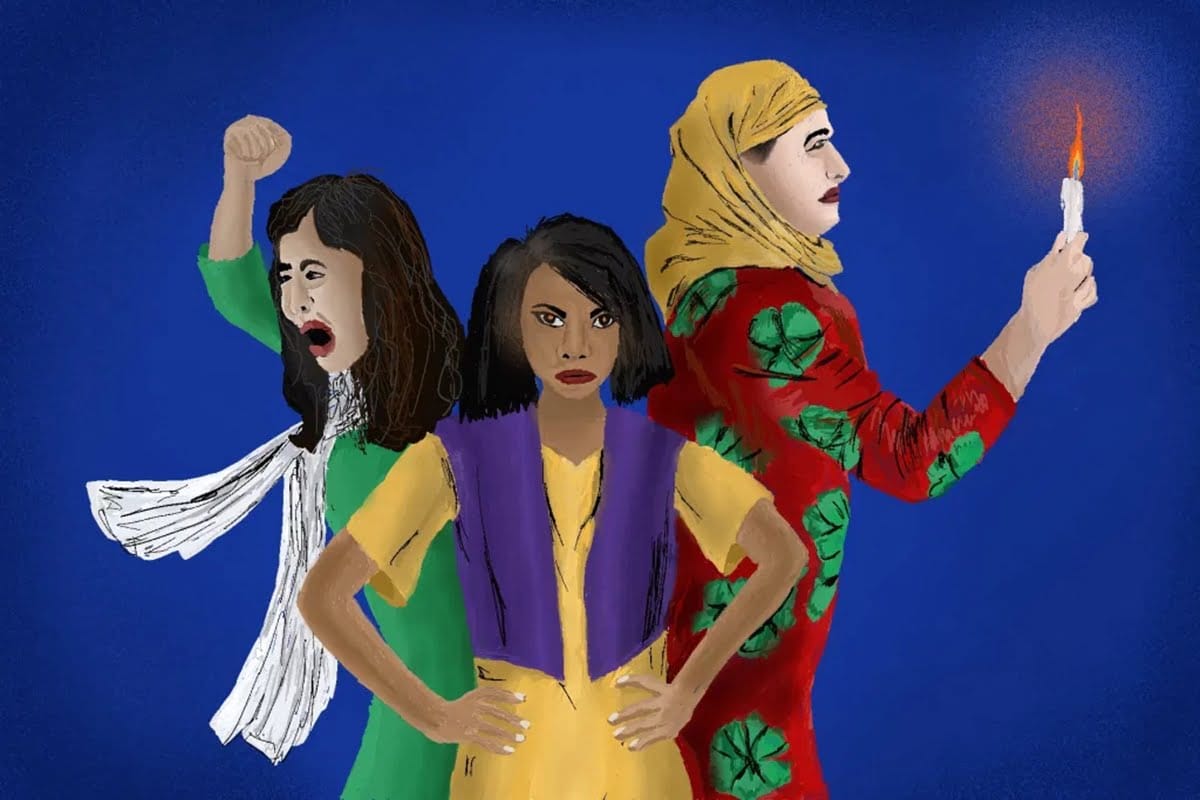
As a feminist scrolling through these responses, the anger is suffocating. Women are reduced to objects of suspicion, while excuses shield perpetrators. Every survivor’s story is put on trial in the court of public opinion, where their reputation and future become the concern and their acts are questioned. Women are always expected to be ‘perfect’ victims or have their experiences questioned, ridiculed and ultimately denied.
There is also the growing debate of alimony in online spaces. When I scroll past news of dowry deaths, I get reminded about how it is so normalised to the point where such headlines don’t even spark outrage anymore. Even beyond such extremes, I see how women continue to be penalised for the mere act of existing within marriage.
The debates around alimony always seem to come back to the accusation that women “exploit” the system. Men complain about being “trapped” by financial obligations, forgetting that unpaid care work, child-rearing, and years of compromised careers are what women pour into these marriages. The hostility toward alimony reveals how society still resents women seeking compensation for sacrifices made invisible and unpaid.
The hostility toward alimony reveals how society still resents women seeking compensation for sacrifices made invisible and unpaid.
What is significantly unbearable to me is the news about crimes against children. Reading about young girls assaulted in their homes, schools, by strangers or someone they trusted, makes me wonder if it’s worth bringing children into this rotten environment. Their stories linger longer in my mind, not because they are rare, but because we cannot even protect the most vulnerable.
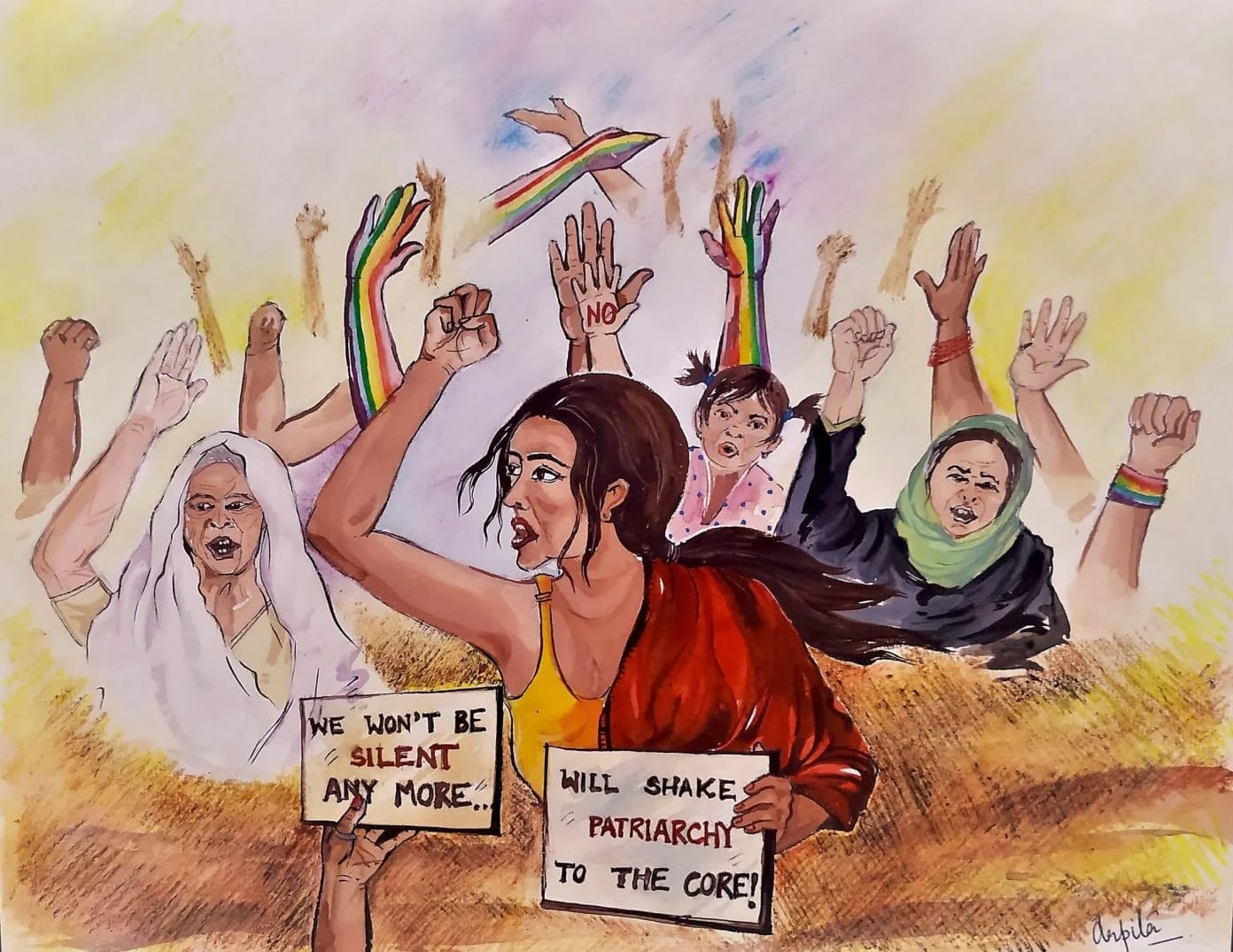
There are days when I feel numb, passing over another headline because I don’t have the capacity to process the information, and there are days when I’m overwhelmed with rage and can’t focus on anything else. But as a feminist, I know I cannot look away. Looking away would mean accepting silence, and silence is what allows for violence.
The emotional labour involved aside, I remind myself that it is essential to bear witness. Each headline is not just a statistic, but it’s a life, a life lived poorly in the context of violence. Acknowledging, talking about, and refusing to normalise them is part of the fight. As a feminist, I cling to my anger to fuel change, not let it settle into hopelessness. It is hard to live life taking in the everyday statistics of crimes against women – it’s draining, it’s infuriating, it’s heartbreaking. But it reminds me each time of why feminism isn’t optional, it never was, and it never will be.
Until the world stops treating violence against women as the norm, until survivors are believed and protected, and until perpetrators are held accountable, these headlines will keep coming. And as a feminist, I will keep reading them, grieving them, and fighting because of them.
About the author(s)
Mema is currently a Master's student at South Asian University (SAU). Hailing from Manipur, her lived experiences there have shaped a deep commitment to the feminist cause. She cares deeply about women and their future, which she tries to convey with her writing. She finds joy in reading, writing and cooking.
